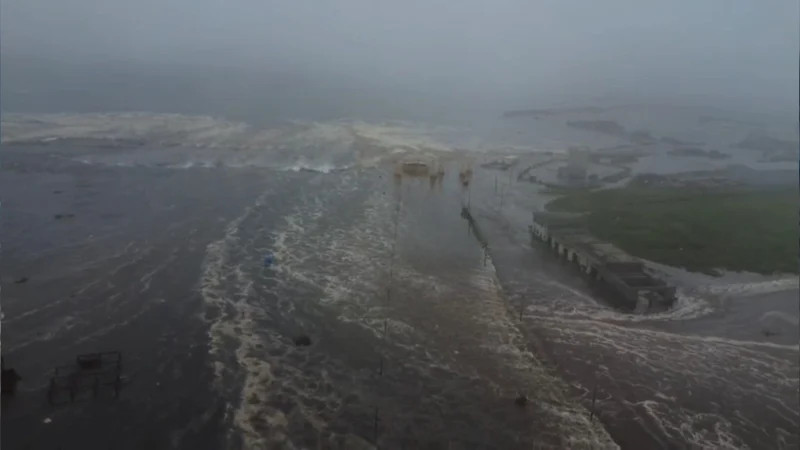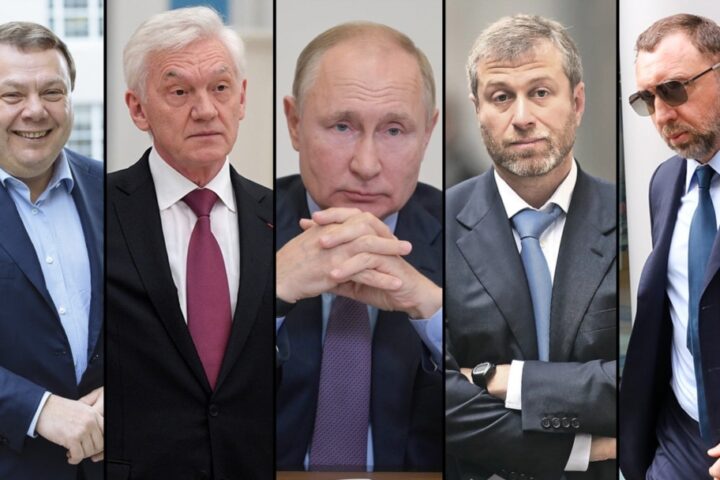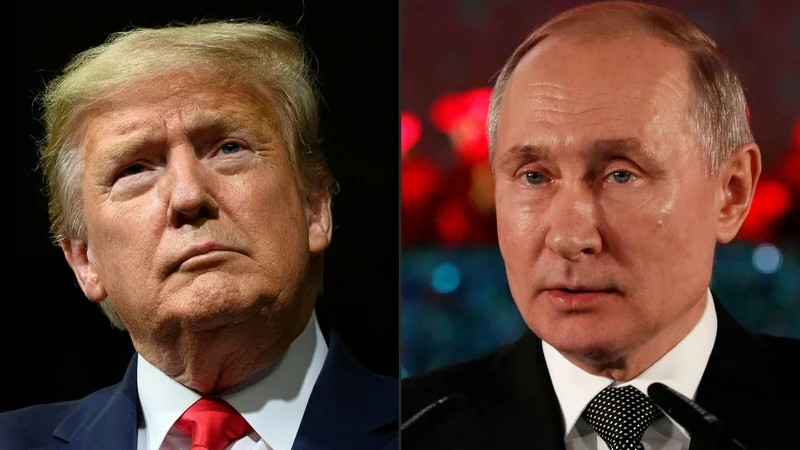The Government is finalising a major investment plan to inject up to €30bn of additional funding into Ireland’s infrastructure between 2026 and 2030.
Coalition leaders and senior ministers met last night to agree the final details of the revised National Development Plan that will take expected overall investment in the State’s infrastructure over the next five to six years up to nearly €100bn.
Speaking to Fine Gael members in Longford earlier yesterday, Tánaiste Simon Harris said the NDP would signal a step change in infrastructure investment in Ireland.
He told members that Fine Gael campaigned on finding new ways to better deliver Infrastructure and this was a major priority as negotiations on the NDP were nearing their conclusion.
Further meetings will take place today and tomorrow.
The meeting last night was attended by Taoiseach Micheál Martin, Tánaiste Simon Harris, Minister for State Sean Canney, Minister for Public Expenditure Jack Chambers and Minister for Finance Paschal Donohoe.
The review will contain spending on housing, water, energy and transport.
Next week Minister Chambers will tell Cabinet colleagues that there is uncertainty around global trade and that the threat of tariffs by US President Donald Trump poses “significant risk”.
He will say that the best way to safeguard the economy and increase competitiveness is to address the country’s infrastructure deficits.
Uisce Éireann has said it needs an additional €2bn on top of €10.3bn already allocated for capital spending.
ESB Networks says it needs an additional €1bn in equity as part of its €13.4bn spending plan.
It is understood there will also be funding for Eirgird, the body which operates the electricity grid.
Tuesday’s publication will set out departmental capital ceilings up to 2030 and overall capital investment until 2035.
Government Ministers will outline the specific programmes and investment they will prioritise as part of Budget 2026 in October.
The publication of the review follows weeks of bilateral meetings and engagements between different Government departments and Minister Chambers’ Department of Public Expenditure, as well as a public consultation.
Ministers will also be briefed on work being progressed to reform the country’s delivery systems so that project life cycles can be reduced and better value for money can be achieved.












